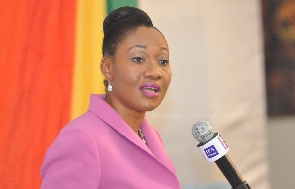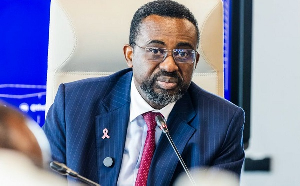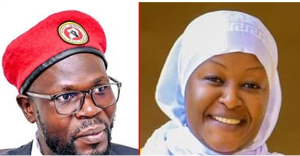To understand the landscape of the 2024 General Elections in Ghana, it's essential to grasp the historical context that has shaped the nation's electoral journey.
Ghana, often hailed as a beacon of democracy in West Africa, has undergone a tumultuous political evolution since gaining independence in 1957.
Initially, the country experienced a series of democratic governments, but the decades that followed were marred by coups and authoritarian regimes that stifled political expression and undermined public trust.
The return to democratic rule began in the early 1990s, when Ghana transitioned to a multi-party system, culminating in the 1992 elections, which marked a significant turning point.
These elections not only reinstated civilian rule but also set a precedent for the peaceful transfer of power, a hallmark of Ghana's political culture.
Over the years, several elections have taken place, each reflecting the aspirations and frustrations of the Ghanaian people. The 2000 elections, which saw the first peaceful transfer of power between rival parties, further solidified the nation's commitment to democracy.
However, with each election cycle, Ghanaians have grown increasingly vocal about their dissatisfaction with the political elite. Issues like corruption, economic hardship, and inadequate public services have fueled a sense of anger and urgency among the electorate.
The 2016 and 2020 elections were pivotal moments, as they revealed a populace that is not only willing to express their discontent but also eager to demand accountability from their leaders.
As we approach the 2024 elections, this historical backdrop serves as a crucial reminder of the electorate's unwavering resolve. Ghanaians are no longer passive observers; they are an unstoppable force, motivated by a desire for change and a commitment to shaping their own future.
The lessons of the past have galvanised a generation of voters who are determined to hold their leaders accountable and demand a government that reflects their needs and aspirations.
This context underscores the significance of the upcoming elections, as the electorate prepares to make their voices heard once again in a political landscape that is ripe for reset.
Opinions of Wednesday, 27 November 2024
Columnist: Anthony Obeng Afrane















